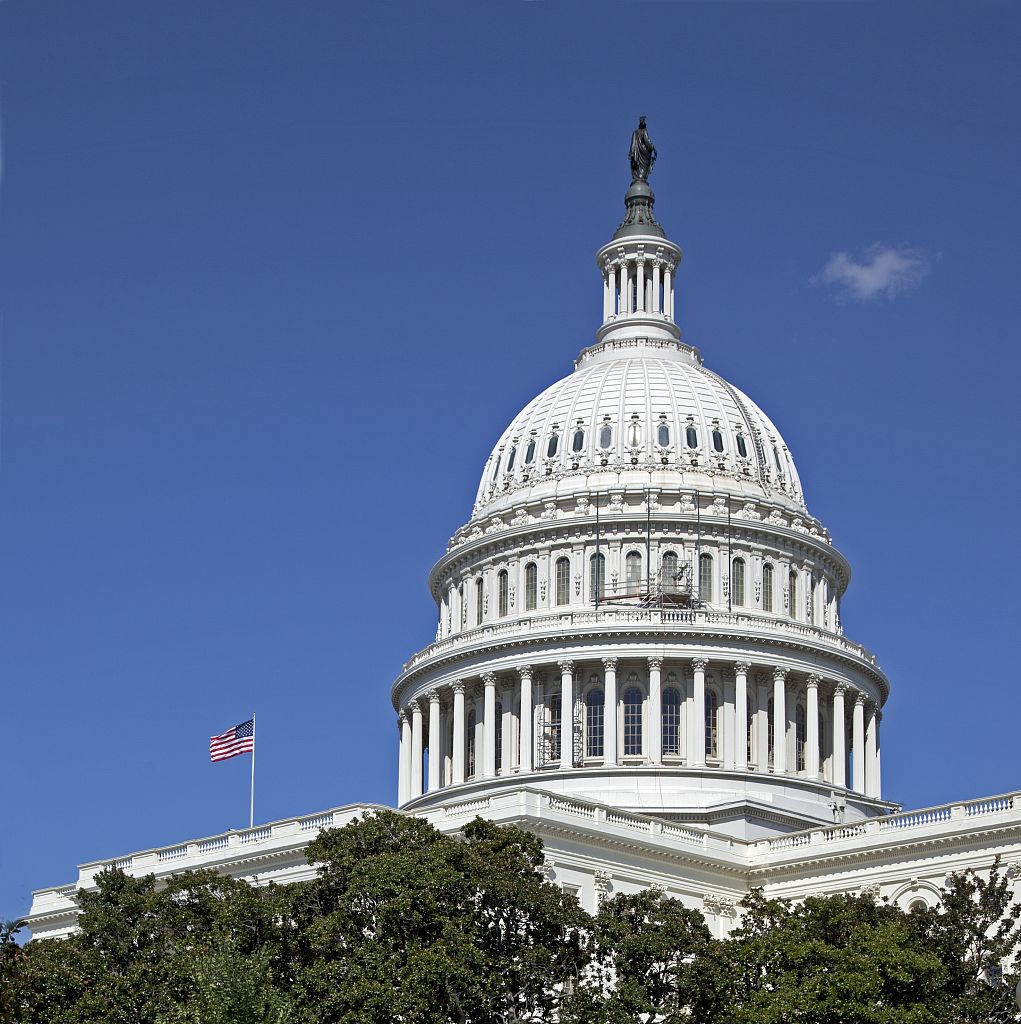“Congressional opponents have argued that President Obama’s nuclear agreement does not merit support because it does not achieve the termination of Iran’s nuclear weapons program, which President Obama falsely claims it does, and thus increases international insecurity in the medium to long-term. This deal after all, and as the ZOA has elaborated, gives $150 billion to Iran in unfrozen assets and tens of billions of dollars annually to Iran in sanctions relief, money that will undoubtedly swell Iran’s sponsorship of terror around the globe, including supplying thousands of missiles to Hezbollah in Lebanon and Hamas in Gaza. Congressional opponents also argue (as President Obama once did) that no agreement is better than a bad one, like the deal we now actually have, and have recommended maintenance of strong sanctions as more likely to bring Iran to make concessions.”
- The latest to declare himself, Senator Charles Schumer (D-NY) recently issued a 1,700-word statement outlining precisely the problems with the nuclear deal that has led him to oppose it. In it, Senator Schumer explained that his opposition is based on three major weaknesses in the plan: a very limited nuclear restrictions on Iran in the next decade; the absence of restrictions on Iran after that date; and in the non-nuclear components and consequences of the deal. Senator Schumer cited specific weaknesses in the agreement– the 24 day delay before any inspections can occur at declared sites; the inability of the United States to unilaterally demand inspections if for example US intelligence uncovers violations; inability to restore sanctions in the event of violations, given that restoring sanctions depends upon a majority vote in an eight-member committee, many of whose members have strong economic incentives not to reimpose sanctions on Iran and, thus, the fiction of ‘snapback’ sanctions; and so on. Senator Schumer also argued that no nuclear agreement is better than this bad one given that Iran’s aggressive designs in the Middle East and support for terrorism can only grow with the dropping of sanctions – and there is no evidence to support the hope that Iran might moderate in the next decade.
- Another opponent of the deal, Congressman Eliot Engel (D-NY), the highest ranking Democrat on the U.S. House of Representatives Foreign Affairs Committee, has opposed it because he disbelieves the claim that this deal will stop Iran from going nuclear while also strengthening Iran’s “destabilizing and destructive influence across the Middle East.”
- Member of Congress Grace Meng (D-NY), in a statement on July 29, 2015, gave detailed reasons for her opposition, saying that “I believe the inspections procedures set forth are flawed — leading nuclear experts assert that, pursuant to these procedures, inspectors would not necessarily know whether Iran is manufacturing uranium components for a nuclear weapon. This is unacceptable. Furthermore, I am deeply concerned that almost all of Iran’s nuclear infrastructure would remain intact; this leads me to believe Iran would simply resume its pursuit of a nuclear weapon at the conclusion of the deal in a decade’s time. Finally, the immediate sanctions relief provided Iran in the deal would incentivize the funding of terrorism and lessen Iran’s interest in restraining its nuclear ambitions over the long term … the deal before us now is simply too dangerous for the American people. I have every confidence a better deal can be realized.”
- Congressman Juan Vargas (D-CA) has also given detailed reasons explaining why this deal will not achieve the goals President Obama says it will. Congressman Vargas, in the San Diego Union Tribune on July 24, said, “I detailed the criteria necessary for any final agreement to curb Iran’s nuclear ambitions. I strongly believe this deal does not meet that standard. The deal fails to dismantle Iran’s nuclear program. It fails to guarantee intrusive enough inspections to ensure that Iran does not cheat, and it fails to keep Iran from achieving nuclear-threshold status. This deal is predicated on Iran’s compliance. In exchange for phased and reversible sanctions relief – at approximately $150 billion – the administration promised to cut off Iran’s path to a nuclear bomb. Instead, this agreement gives Iran a rapid payday while legitimizing its path to nuclear-threshold status. Iran has never fully addressed the concerns of international inspectors, and the regime has given us no reason to believe that will change … Supporters of this agreement believe that relieving sanctions and legitimizing this regime will moderate them. That didn’t work with North Korea, and it won’t work with Iran. This strategy is doomed to fail, and this deal is destined to be remembered as a mistake. For months the administration has told us that ‘a bad deal is worse than no deal.’ Now the message seems to be that it is better to support than oppose this bad deal because it is the best we could get. I disagree. If this deal is approved, it will lock us into bad results that far outweigh its benefits … I urge my colleagues to join me in opposing this deal and press for a better deal that will truly end Iran’s nuclear weapons program and make the world safer.”
- Congressman Ted Deutsch (D-FL), in opposing President Obama’s nuclear deal, that “There are different predictions about what will happen if Congress rejects this deal. But the consequences of approving it aren’t up for debate. Opening Iran up to foreign investment, increasing its oil exports, and unfreezing over $100 billion in assets means more money for Hamas for building terror tunnels in Gaza, more weapons for Hezbollah in Lebanon, more slaughter in Syria, and more violence worldwide. After a decade in public life working to stop Iran from ever acquiring nuclear weapons, I cannot support a deal giving Iran billions of dollars in sanctions relief — in return for letting it maintain an advanced nuclear program and the infrastructure of a threshold nuclear state.”
